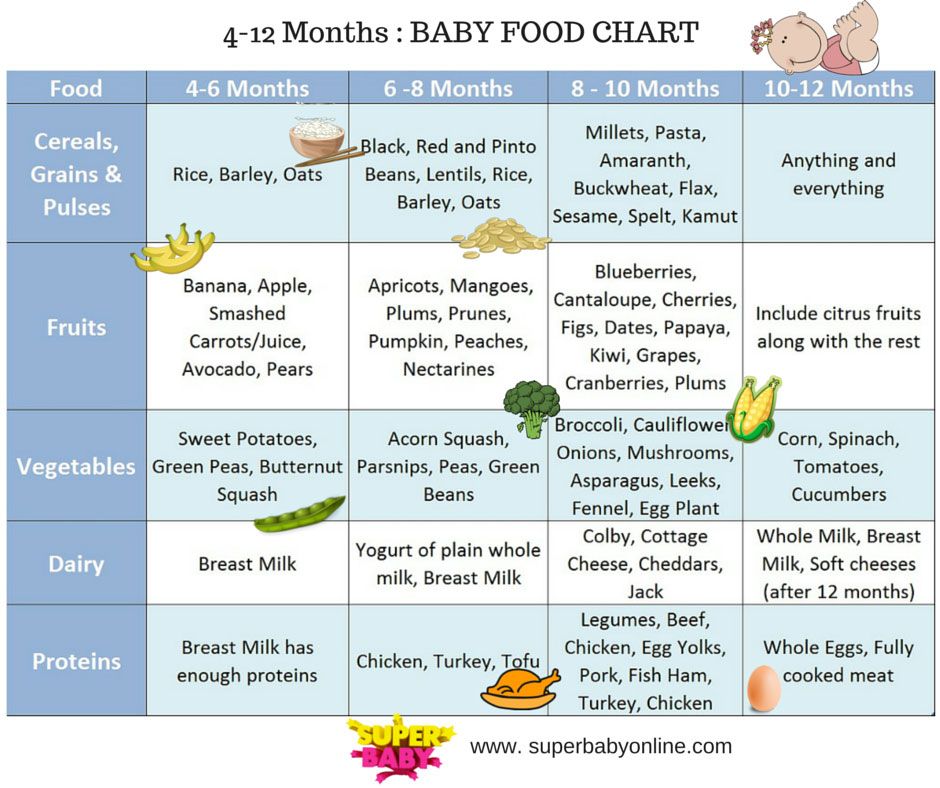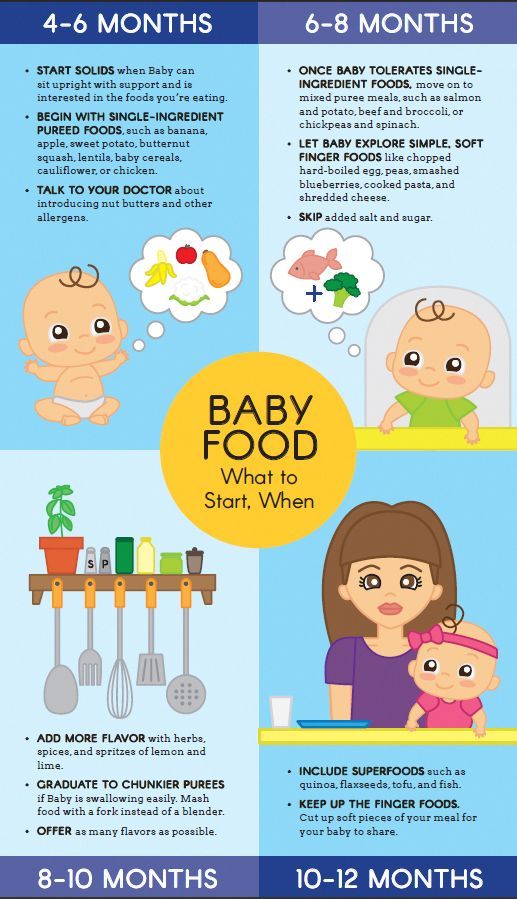My baby feeds all day
My Baby Wants to Breastfeed All the Time! Is This Normal?
Frequent Feeds Are Very Common!
In the first few days after birth, it is very common for newborns to feed constantly, probably around 12 or more times per 24 hours. Newborn babies drink very small amounts frequently in the first 1-2 days.
Most newborn babies only drink about a teaspoon (5-7ml) of colostrum at each feed on day one. This is just perfect as their tummy is about the size of a cherry and holds about 7mls at each feed on day one! Perfectly designed!
By day two you start to make a little bit more colostrum at each feed and this gradual increase in milk each day stretches bub’s tummy allowing them to drink more.
Colostrum is a sugary delicious drink but it is not jam-packed with fat at this stage, which means baby needs to keep feeding very often to stay full up.
Remember, every time your baby feeds it helps your breasts build your milk supply in the first month. As your milk increases in volume, from around day 3 onwards, you will notice your baby starts to have longer sleep periods of around 1. 5 – 3 hours mostly.
During the first month, newborn babies need to feed on average 8 – 12 times every 24 hours to ensure they are getting enough milk and that you stimulate the breasts enough to keep building your milk supply. One you have established a good milk supply in the first month you may find that your baby changes their feeding pattern again. Many mums report this happens around 6-8 weeks after birth.
After this first month, research has shown us that babies will breastfeed anywhere from 4-13 times every 24 hours, but most babies still feed on average 10-11 feeds every day.
Each mum and baby’s breastfeeding pattern is different and this is perfectly normal. It is just down to the levels of fat in your milk (and fat levels change throughout the day) and the amount of milk your breast can hold at each feed, as well as how your baby is feeling.
Babies Find Breastfeeding Relaxing
Most babies find breastfeeding very comforting and, just like if we feel upset a hug can do wonders. Likewise, a short extra breastfeed does the same for calming our babies!
Likewise, a short extra breastfeed does the same for calming our babies!
Do not compare yourself with another mum and baby’s feeding pattern. It will most likely be completely different from yours. Trying to “force” your baby into strict routines often brings with it tears and stress for mum and bub!
There are, of course, some mums who say that a routine was the best thing for their baby. But these babies are probably the very small percentage of babies who naturally feed every 4-5 hours and would’ve gotten themselves into a strict schedule anyway!
For most babies, a strict routine does not work! Try and go with the flow, listen to your baby’s cues for when they would like a feed and feed them. Just like us, they will not stick to the same “routine” every day.
I bet you didn’t have the same things to eat, in the same quantity, at the same time, with the same glasses of water, cups of tea or snacks as you have today! So why do we think this is normal for our babies?!
Cluster Feeds Continue After the First Few Days
Most mums report that their baby feeds frequently and is unsettled more so during the evening hours, most commonly between 6 – 10pm. Mums often say that their baby wants to be held constantly and feed “all the time” and that baby cries when put down in their cot.
Mums often say that their baby wants to be held constantly and feed “all the time” and that baby cries when put down in their cot.
This is a very normal and common behaviour for babies who are otherwise content during other parts of the day, feeding and gaining weight well and are generally healthy.
Babies do have these periods of cluster feeding, often most present between 2 and 9 weeks of age, but of course some babies will have these periods for several more weeks and still be totally healthy.
Researchers think it is a developmental stage that all babies naturally need to go through. There are a huge number of processes going on in a baby’s brain in the first year. Babies can easily get overwhelmed or dysregulated in the first few months in particular.
Babies who are overtired or overwhelmed, find it hard to calm down by themselves in the first few months of life and need someone to help them. And what better way to be calmed than having a breastfeed, which of course is not just food, but also a pain reliever and a happy hormone giver!
Also, being held and rocked allows baby to feel safe and warm, like being back in the womb.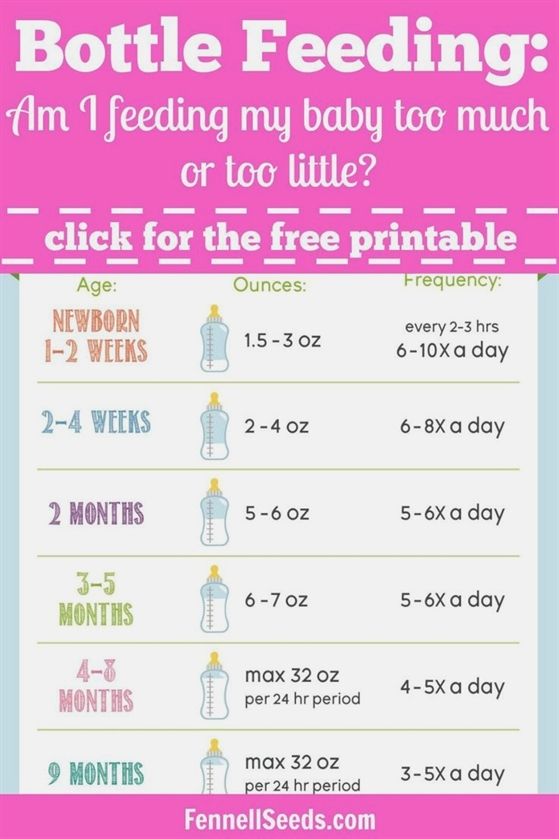 So, it makes sense that they need to be held and fed so much in the evenings after a big day in the big wide world!
So, it makes sense that they need to be held and fed so much in the evenings after a big day in the big wide world!
Normal Can Still Be Tiring!
Even though this is normal, it doesn’t stop it being exhausting. So, it’s important to note how you are feeling and coping.
Some of us have another person around to help us out, whilst other new mums have to manage alone during the cluster feeds. Regardless of your situation, it is important to realise that cluster feeding is normal.
If you are responding to your baby by holding them and feeding them, yet they are still crying in-between feeds you are not causing harm to your baby, you are still showing them love and they will calm when they are able to.
The other thing to remind yourself is that this is temporary. It is important to not place any demands on yourself during these times. Try preparing dinner at times in the day when baby is sleeping well and just re heat and eat when you can during the cluster breastfeeds!
If you have support, share the holding and rocking of baby with another person to give you a break. If you do not have supports around at that time, listen to your instincts; if you are starting to feel like it is all too much and you feel worried that you are not coping, place your baby safely in their bassinet and walk away to calm down for a few minutes, before coming back to hold baby again.
If you do not have supports around at that time, listen to your instincts; if you are starting to feel like it is all too much and you feel worried that you are not coping, place your baby safely in their bassinet and walk away to calm down for a few minutes, before coming back to hold baby again.
You could also try knocking on the door of your neighbour, who you know and trust, and asking them to hold your baby for 15 mins or so to give you a break.
Most people will understand and, if they have children, they will have gone through the same themselves. Doing this will not harm your baby, but, will give you time to relax a little and recharge.
If you are finding that you are not coping during other parts of the day then it is important to talk with your GP or contact PANDA http://www.panda.org.au/ for some extra help and support.
If you are concerned that your baby’s crying seems abnormal and you are worried if your baby may be unwell. Please get first line advice from these helplines (below). They will be able to give you support and further guidance:
They will be able to give you support and further guidance:
Health Direct helpline (covers all of Australia) 1800 882 436
Maternal and Child Health Nurse 24-hour helpline on 13 22 29 (if you are in the state of Victoria)
Other Things Which Can Help to Relax Babies During Cluster Feeding Times
Skin to skin contact
Having a bath with your baby – only do this if you have another person to help you and baby in and out of the bath and keep you both safe.
“Rocking your pelvis like Elvis” – Whilst holding your baby, try some rocking and swaying moves whilst holding baby either upright, over your arm like superman or in a cradle hold. Each baby will be different in the positions they prefer. You Maternal and Child Health nurse can show you positions for holding and calming babies.
Carrying your baby in a sling. This keeps baby nice and close and creates a womb like environment.
As you rock your baby make a loud “shuuusssshhhh” noise. This is actually calming for babies as it mimics the sounds of being inside the womb.
This is actually calming for babies as it mimics the sounds of being inside the womb.
Try taking 5 deep breaths with your eyes closed before breastfeeding baby to ensure you are relaxed and not tense.
Make sure you get extra sleep in the day time, even if you don’t feel like it make sure you lay down in a darkened, quiet room to rest your body and brain. Over the next few days you’ll soon be drifting off to la la land easily.
Lastly, remember that you cannot spoil a baby by holding them too much. All the information about spoiling babies came out of textbooks written in the early 1900’s!
We have known for years and years that holding and listening to your baby’s needs is the best thing to do, yet we still hear this very bad advice! So listen to your gut instinct and cuddle, love and feed your baby as they need it. This phase will pass and get easier over the next few weeks.
For more information head over to our Medela Australia Facebook page.
Do you ever feel like your baby wants to feed all the time, especially at certain times during the day? Let’s have a chat and support each other!
How to Handle a Newborn Constantly Feeding
A newborn constantly feeding can exhaust any parent.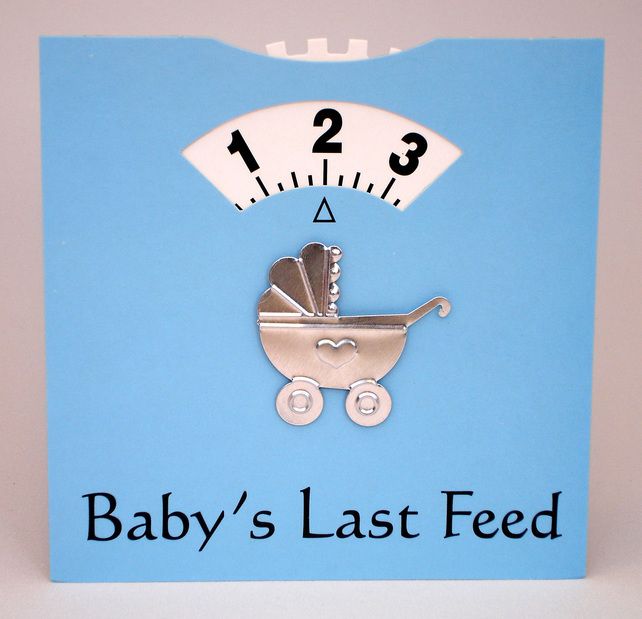 Here’s how to handle the cluster feeding, especially when you’re breastfeeding.
Here’s how to handle the cluster feeding, especially when you’re breastfeeding.
I just about had it.
The sore nipples from a bad latch, the cluster-feeding sessions, the leaking—I was over it. I felt glued to my baby and shot dagger eyes at anyone who suggested feeding him the second he’d fuss. I was ready to give up.
And that was just five days in with breastfeeding.
But beyond the physical pain, breastfeeding for many moms is especially hard when your newborn is constantly feeding. Your baby wants to nurse all the time, hungry and unsatisfied despite the frequent nursing.
For instance, within a two-hour time frame, she’s already nursed a whopping four times.
As a first-time mom, you’re curious whether this is normal. If other babies also want to eat within minutes of having been just fed. You wonder whether it’s even possible to overfeed a newborn or if yours is eating too much—especially since she’s constantly wanting to be fed.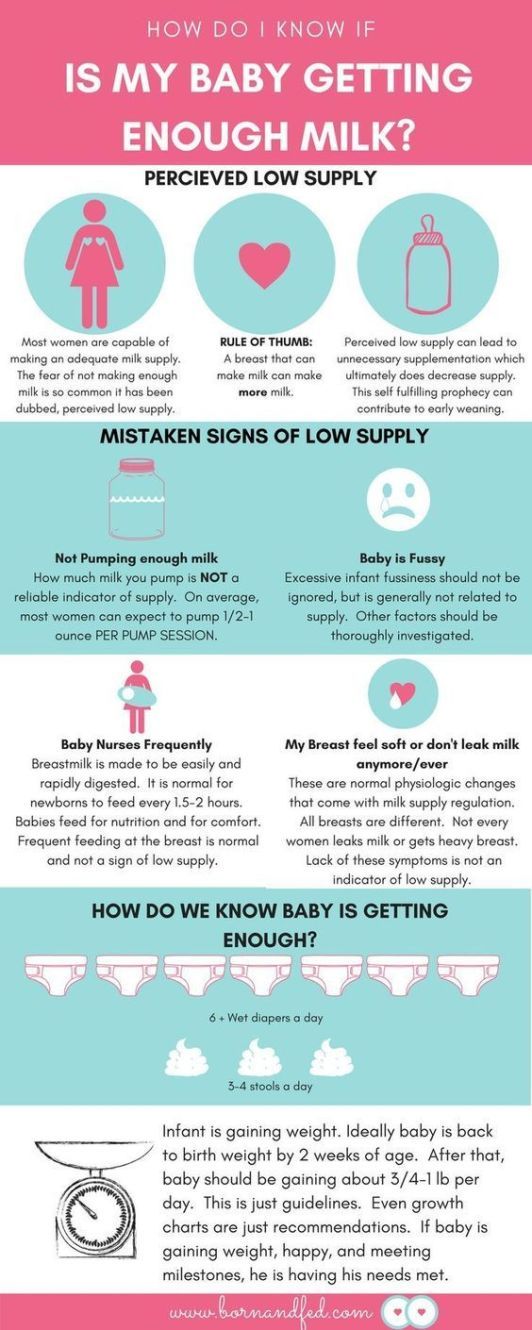
How to handle your newborn constantly feeding
Rest assured friend, you’re not alone. And more importantly, your newborn constantly feeding is normal and common.
Known as newborn cluster feeding, frequent feeding is her way of getting your body to produce enough milk, especially during a growth spurt. Think of it as nature’s way of increasing your breast milk supply. After all, the more demand for milk, the more your body will produce.
Plus, she likes to be near you not just for food but for comfort. You smell good, you’re the perfect temperature for her body, sucking is soothing—it’s no wonder she simply wants to be snuggled and fed.
That said, I don’t blame you if you feel exhaustion and even—let’s be honest here—resentment of being the only one able to feed her. I totally understand that feeling of being tied down, and the lack of freedom that a newborn constantly feeding can bring.
So, here are a few practical ways of coping with cluster feedings, both to see if she can gradually wean from them, as well as how to cope in the meantime.
1. Make sure your newborn is emptying the breast
Did you know that breast milk comes in stages? During the first few minutes, your newborn is drinking the fore milk (or the lighter part of the milk). Afterward, she drinks the hind milk (the fattier, more filling part).
If she’s only nursing a few minutes on each side, she might not be getting the hind milk, and ends up hungrier sooner than later.
Instead, make sure she’s emptying the entire breast so she gets both kinds of breast milk from each side. This will help fill her up so she’s able to go longer between feeds.
A simple way to make sure she empties the breast? Don’t let her sleep on the job. Feed her after she wakes up, not before she’s about to sleep, so that she doesn’t doze off during feeding.
Besides making sure she’s emptying the breast completely, offer her both of them as well. That way, not only is she getting both kinds of breast milk, but she’s also getting double the serving.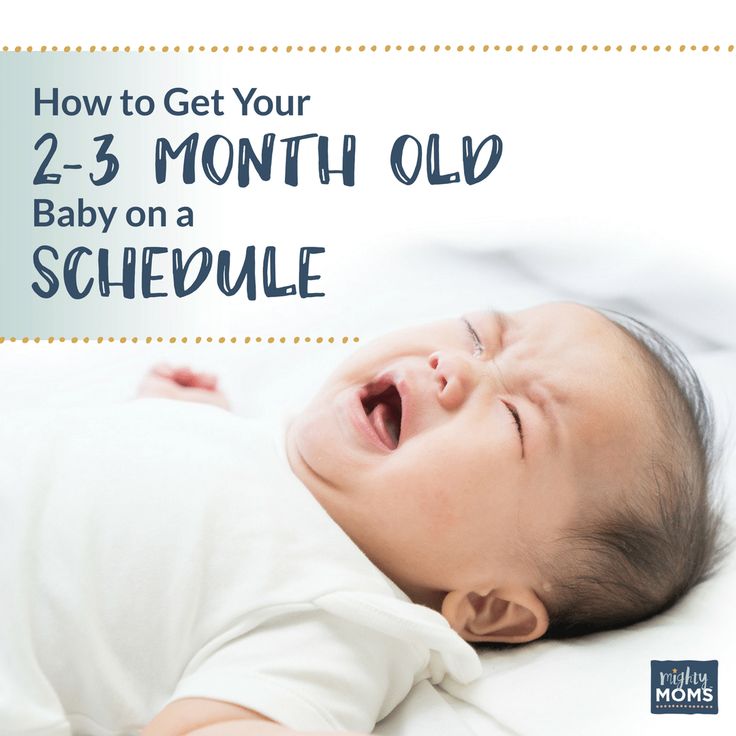
Free resource: Do you struggle with getting her to sleep? Her awake time just might be affecting how well she sleeps or not. Join my newsletter and get One Mistake You’re Making with Your Baby’s Awake Time—at no cost to you.
Don’t make the same mistakes I did—help her fall asleep with this one simple trick! As one parent said:
“I LOVE your content and want you to know you’re helping so many of us.” -Jordin Edwards
2. Burp between switching sides
Do you find that your baby fusses during feedings, cutting them short? She could be uncomfortable from taking in gas while she eats.
One simple way to eliminate gas is to burp her between switching sides. Simply hold her upright and allow any gas to escape, as well as the food to digest down. Not only are you helping her release gas, you’re also holding her upright, which can prevent spitting up food.
Get more tips on how to burp a baby that is hard to burp.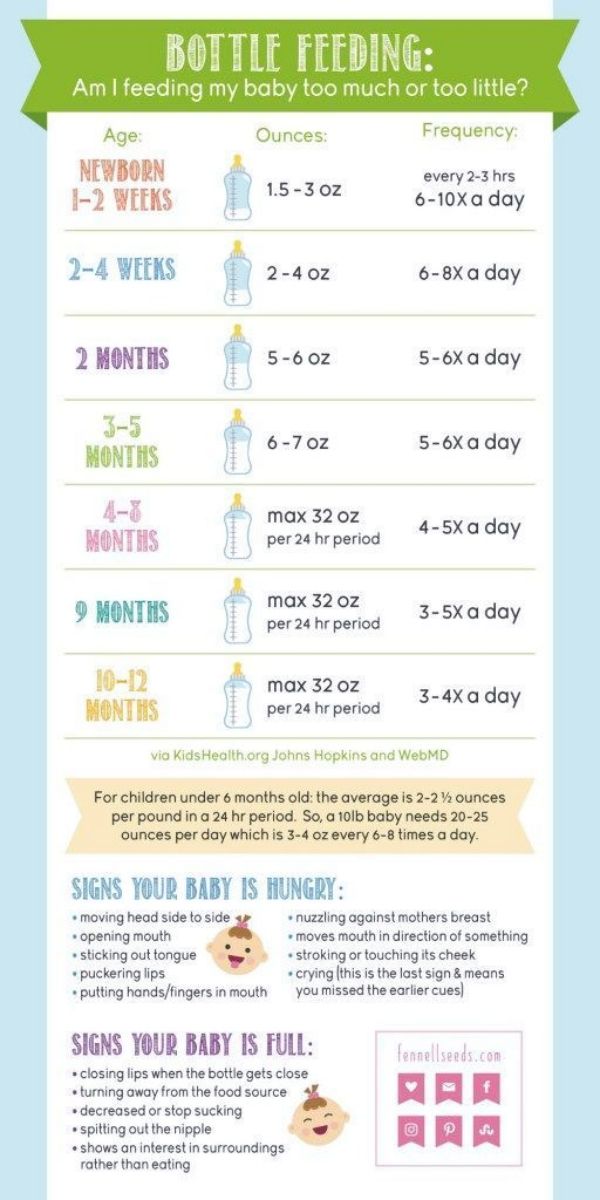
3. Watch for excessive spit-up
Your newborn could also be extra hungry if she’s not actually taking in the food she had just eaten. In other words, she’s spitting the food right back up.
Like we talked about, holding her upright (especially after a feeding) can help avoid excess spit-up. Make sure you’re also holding her at an angle when you breastfeed to prevent her from feeding flat on her back.
If all else fails, talk with her pediatrician to further discuss health issues or even medicines that can help her stop spitting up so much.
4. Pay attention to weight gain and wet diapers
Your doctor or lactation consultant will know your baby is just fine by making sure she’s gaining the weight she’s supposed to. If you feel like she’s still not feeling satisfied despite frequent feedings, have your doctor check whether her weight gain.
You’ll also want to pay attention to how many wet diapers she goes through. While weight gain is a better gauge of how well your baby is feeding, seeing enough wet diapers can also reassure you that she is, in fact, taking in the milk.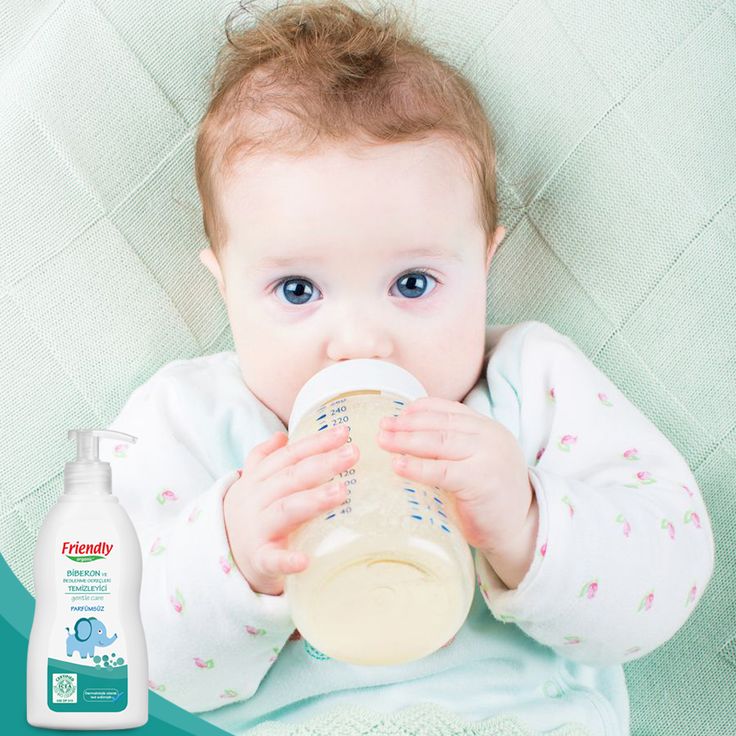
5. Feed on demand
The newborn stage, particularly the early days and weeks, is not the time for a strict feeding schedule. This is when your baby can take a five-hour nap, only to take a 20-minute one next. And the same is true for when and how long she sleeps as well.
While she might cry because of a soiled diaper or uncomfortable pajamas, more often than not, your baby’s hunger is the likely cause. Breast milk digests easily, which means she can be hungrier earlier than formula-fed infants.
And don’t worry that you’re setting her up with “bad habits” by feeding her when she’s hungry. Feeding on demand doesn’t mean she’ll always expect to eat frequently. Instead, she’ll eventually develop her own routine and flow, especially the larger her stomach gets (and the more food she can take).
For now, feed her when she’s hungry, knowing that this is a temporary and important stage in her growth. She knows what her body needs, and this is her way of letting you know she needs to eat.
Learn how to handle a baby feeding every hour and not sleeping.
6. Find a comfortable feeding position
Disclosure: This article contains affiliate links, which means I will earn a commission—at no extra cost to you—if you make a purchase.
Perhaps the simplest way to handle your newborn constantly feeding is to make it as comfortable as possible. Sometimes we feel “stuck” in our positions, unable to move around like the rest of the family, making us even more frustrated.
But you can make the most of it by having a comfortable feeding station. Start by using a good nursing pillow and back support. Keep often-used items within arm’s reach, from tissue paper to snacks. Use it as an opportunity to watch a movie, listen to a podcast, or read a book.
And consider creating several feeding stations throughout the house. That way, you won’t feel alone and isolated in, say, your bedroom, while everyone else is enjoying dinner on the other side of the house.
Conclusion
That first month with my newborn was rough. I must have looked online to read the benefits of breastfeeding every single day just to keep going.
But despite the first few days or weeks, breastfeeding does get easier and will happen in longer stretches. Your baby will feel less fragile and can nurse without a pillow. Your nipples will adjust and you won’t need ointment for long. And most importantly, she won’t cluster feed as frequently as she does now.
Still, in the meantime, you can make this stage as easy and smooth as possible. Make sure she’s emptying each breast so she’s getting both kinds of breast milk (as well as emptying both breasts). Burp between switching sides so she doesn’t fuss because of gas and digestive issues.
Watch for excessive spit-up so you know she’s keeping her food in. Pay attention to how many wet diapers she goes through, and confirm with the pediatrician that she’s gaining enough weight. Feed when your baby’s hungry, not from a set schedule.
And finally, find a comfortable feeding station (or a few) so that you’re at least as happy and content as possible.
Don’t worry, mama—she won’t always feed this frequently. Especially if, like me, you’re just five days in and ready to throw in the towel.
Get more tips:
- 5 Tips to Stop the Pain After Breastfeeding
- Burping a Newborn After Breastfeeding: Necessary or Not?
- 6 Ways Dads Can Support Breastfeeding Moms
- 12 Breastfeeding Secrets Every Mom Should Know
- How to Burp a Sleeping Baby
Don’t forget: Join my newsletter and get One Mistake You’re Making with Your Baby’s Awake Time below:
Why does the child constantly hang on the chest? ❤️ KIDY.eu
- Not enough milk?
- Temporary crises
- What to do in temporary crises?
“My baby just hung on my chest. I know what to feed demand, but he demands endlessly. What to do?!" - is the most common question to lactation consultants.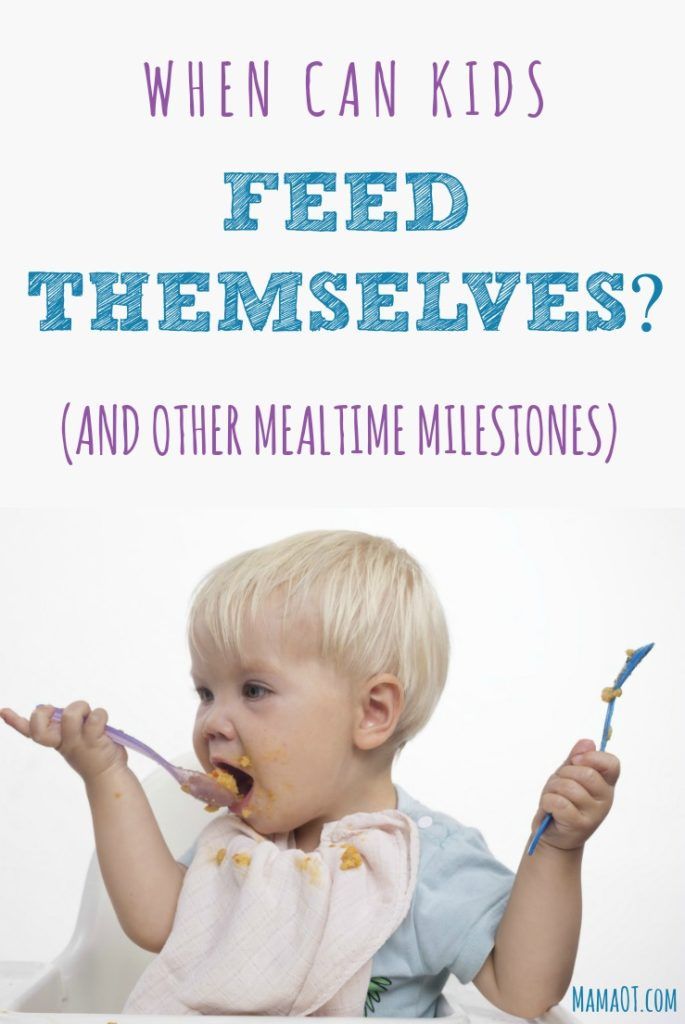 It turns out that the phrase "the baby is hanging on the chest" means different things for everyone.
It turns out that the phrase "the baby is hanging on the chest" means different things for everyone.
It happens that mothers expect that the baby will ask for a breast every 3-4 hours, eat 15 minutes, and sleep the rest of the time. And the requirement of the breast once every 1.5-2 hours, as most newborns do, is alarming. So: if a baby of the first months of life asks for a breast every hour or two and, having received it, eats up to half an hour, then this is not “hanging”, but the normal behavior of the baby. Over time, the baby will begin to ask for breasts less often, but for now you need to wait. For the mother's body, frequent feedings are also useful: they help a good contraction of the uterus, prevent the development of postpartum complications and regulate the total amount of lactation so that the mother does not experience milk stagnation. It happens differently: the baby asks for breasts in 2-3 hours, but, having received it, eats for an hour or even longer. This may be a variant of the norm, but the situation can be improved. Also, carefully look at the general state of affairs with feeding, if the child lives in the rhythm of “an hour I eat - an hour I rest” or spends more time on the chest during the day than without it.
This may be a variant of the norm, but the situation can be improved. Also, carefully look at the general state of affairs with feeding, if the child lives in the rhythm of “an hour I eat - an hour I rest” or spends more time on the chest during the day than without it.
Not enough milk?
Usually the first thing a mother thinks about is that if a newborn is constantly hanging on her chest, then she does not have enough milk. Absolutely not necessary! But you need to check this version. And only weight gain can reliably show this.
Do not rush to get upset, this can be fixed!
- Have a lactation consultant look at your feeding. He will suggest ways to improve, assess whether supplementary feeding is needed and whether lactation should be stimulated.
- If a consultant is not available, look for improved attachment to the breast. Often this is enough for the breast to begin to be better stimulated to produce milk, and the child to suck out this milk better.

- If the baby has gained a kilogram or more in a month, then we are not talking about a lack of milk. Most likely, you can think of a temporary crisis ...
ATTENTION - this is a very important point!
Often mothers are asked to express milk, evaluate breast size, etc. for testing. But these are all very unreliable signs that are different for all women and they don’t talk about the amount of milk. In mothers, the breast reacts differently to pumping, the amount of glandular tissue is different for everyone (in a small breast it can be much more than in a large one, where adipose tissue predominates). The only thing you can really trust is how your baby grows and gains weight.
For the first 3 months of life, an increase that indicates a sufficient amount of milk - from 500 grams per month or more.
If a child gained 500-700 grams in a month, but he had to hang on his chest for hours, the mother needs to work on organizing breastfeeding, otherwise the situation usually worsens later. If your baby added less than 500 grams, then, alas, he really does not have enough milk.
If your baby added less than 500 grams, then, alas, he really does not have enough milk.
Temporary crises
These are situations of a sharp increase in breastfeeding or a sharp increase in the duration of feeding. Every nursing mother faces this, it’s just that someone understands what is happening, someone gets scared, and someone simply, out of ignorance, takes steps to stop breastfeeding.
Crises are caused by various reasons:
- Adaptation crisis when new circumstances appear in the baby's life . Usually adaptation crises: the second week of life, moving or going to work, travel. The baby is trying to calm down and regain confidence in her mother's support through more frequent attachments. The crisis can also be provoked by internal factors: for example, a child is preparing to fall ill, and through an increase in attachment, his body fights the disease with the healing elements of breast milk. Babies also tend to hang on their chests before any kind of developmental leap (usually new skills, such as crawling or walking).
 Mom's milk and attention give the baby the strength to conquer new heights.
Mom's milk and attention give the baby the strength to conquer new heights. - Growth spurt crisis . These growth spurts are tied to certain periods of a baby's life: about three weeks, a month and a half, three months, six and nine. During such periods, many children actively grow. For such rapid growth, babies need more nutrition than usual, so they quickly empty their breasts, which gives mothers the impression of “missing milk”. There is actually milk in the chest, just on crisis days the child eats it much more energetically and is ready to constantly ask for breasts, to eat more and more.
- The most seemingly obvious option to supplement with formula often becomes a “red flag” for the mother’s body: you don’t need so much milk, the child manages anyway. As a result, milk production really begins to decline rapidly.
- In a crisis situation, it is important not to panic, but for a couple of days, literally lie down with the baby in bed and patiently feed, shifting from one breast to another as it is empty.
 You can drink hot tea, use lactogons, but this is not enough without frequent feedings. And most importantly, crises are a very short-term phenomenon, they rarely last longer than 2-4 days!
You can drink hot tea, use lactogons, but this is not enough without frequent feedings. And most importantly, crises are a very short-term phenomenon, they rarely last longer than 2-4 days!
What to change?
Let's go back to the most common situation with "chest hanging": the baby gains weight only slightly above the lower limit (500-700 g in the first three months of life or 400-500 g in the next three months). When, with such increases, the child is applied to the breast every 2-3 hours for about half an hour, this is expected. But if the feedings are more frequent and longer, then sucking is ineffective: the baby sucks out a portion of milk for a very long time, enough to eat.
What to do?
- Adjust breastfeeding to the so-called “asymmetric” . When feeding, the breast should be captured deeper from below than from above: the main working parts of the baby's mouth (lower jaw and tongue) are located below, and stimulation from this side should be maximum.
 This method of application allows the baby to receive milk most efficiently and stimulate the breast to produce new milk.
This method of application allows the baby to receive milk most efficiently and stimulate the breast to produce new milk.
Bring the baby to the breast at such a height that the nipple is at the level of the spout. On the chest, form a crease with the nipple in the middle so that the thumb is on top of the crease and opposite the baby's nose, and the index and other fingers are below, parallel to the baby's lower lip. When a child feels a breast nearby, he reflexively opens his mouth and throws his head back; then the nipple, which was at the level of the nose, will be directly opposite the mouth. And at this moment, the fold from the chest must be directed into the child's mouth, trying to make the nipple point upwards into the sky. If everything is done correctly, then the baby’s head will be slightly tilted up when sucking, the chin will be tightly pressed to the chest, and the nose is either completely free or touches the chest only with the tip. If the chin does not touch the breast, but the nose is pressed into it, then this is just inefficient sucking, in which the baby has to suck for a very long time to eat, and even the nipples can be injured.
- To increase the amount of milk received per feeding session and reduce the application time, make sure that the feeding is effective . It is a mistake to continue to keep the baby on the chest after he has already emptied it. If the baby has eaten the bulk of the milk from the breast and continues to suck, receiving drop by drop, a teaspoon in five minutes, then it is not surprising that he will not be particularly full after an hour. At the same time, if the mother simply transfers the child to another breast, in the same time the baby will receive a full, good portion of milk and eat much better!
“But I heard that the breast should not be changed often, otherwise the baby will not receive hindmilk,” mothers object. Alas, this recommendation has created a lot of problems where they could have been avoided: it only applies to situations of excess milk production. If the lactation is so profuse that the baby has to swallow the lighter foremilk for a long time and actively before he gets to the fatter hindmilk, this makes sense. But if there is not much milk, then the child eats both the anterior portion and the fatter posterior portion, and after that continues to squeeze the last drops out of the breast for another half an hour, instead of receiving the second same portion from the other breast...
But if there is not much milk, then the child eats both the anterior portion and the fatter posterior portion, and after that continues to squeeze the last drops out of the breast for another half an hour, instead of receiving the second same portion from the other breast...
Pay attention to the baby's sucking rhythm to help you navigate the timing of the breast change. Forward, more liquid milk flows freely, the baby swallows it quickly and actively. Then the rhythm of the sips slows down, for several sucking movements there is only one swallowing. When the baby has to make 3-4 sucks before swallowing, it means that he has reached fatter and thicker milk.
A little more - and the rhythm is already five or six sucks per sip, the chest is almost empty. At this point, squeeze the breast at the base with one hand, which will squeeze the rest of the fatty hindmilk into the ducts. After the baby swallows a little more actively, but when his throat slows down again, it's time to change the chest.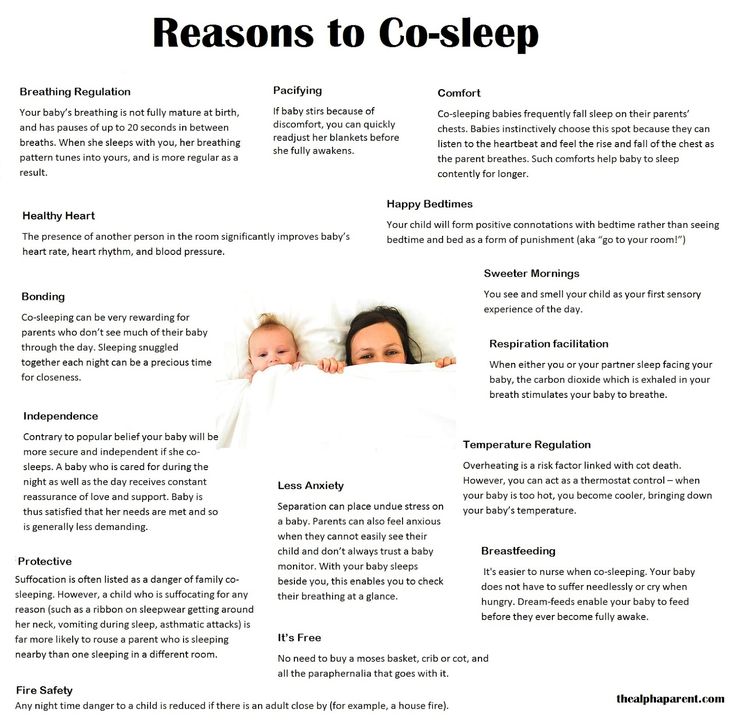
Sometimes during times of crisis, it is necessary to transfer the baby from one breast to another several times during one feeding. But this is more effective and will give the child more benefit than keeping him all this time on one breast. When the baby begins to eat better, you will soon notice that the total feeding time has become shorter, and weight and height gains are better.
And don't hesitate to contact our consultants for help!
4.8 / 5 (votes: 112)
Rate the article:
If you liked our article, share it with your friends:
"Why does my child chew something all day long and not eat enough?"
About nutrition
“My son is three years old and he always chews something. She only finishes one cookie, asks for the next, and then another. It doesn't even take half an hour for him to demand an apple.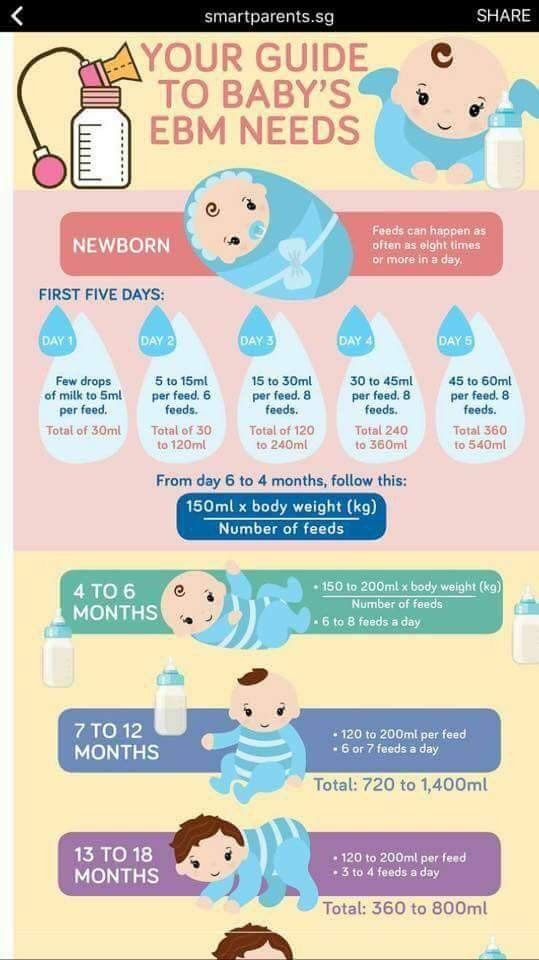 And so without end after each meal. What is the reason for this behavior? Maybe something is bothering him, and he is stress-eating in this way?
And so without end after each meal. What is the reason for this behavior? Maybe something is bothering him, and he is stress-eating in this way?
Natalia, 28 years old.
- Photo
- Legion Media
A child's behavior when he constantly asks for food cannot be connected with stress. The psyche of a small child is well enough protected, he still cannot have such problems as an adult. Another thing is that the culture of nutrition is instilled in children in the family. And if adults "jam" their problems or fears, then the child will do the same.
The task of parents is to instill a culture of nutrition, and not to relieve themselves of responsibility for problems with food, explaining this by saying that the child is under stress.
First you need to remember that a child of preschool age should eat according to the regimen. This is very important for the correct and full development of a small person. If a child endlessly asks for an apple, a cookie, a banana during the day, then there may be several reasons for this.
This is very important for the correct and full development of a small person. If a child endlessly asks for an apple, a cookie, a banana during the day, then there may be several reasons for this.
- Photo
- Legion Media
1. Wrong daily routine. The child's day should be scheduled by the minute - what time does he get up, what time does he walk, have lunch, go to bed in the afternoon, what time are games and activities, and so on. When this routine is not followed from day to day, the baby loses his bearings. If the child will receive food (including snacks) only at certain times of the day, he will not once again remember about it.
2. Inadequate diet. The reason why a child constantly asks for a snack may be even more banal - he is hungry. It is necessary to evaluate the child's diet, track how much protein, fat and carbohydrates he receives, compare this amount with age norms. On this issue, it is better to consult a pediatrician. It may turn out that the child does not eat enough.
On this issue, it is better to consult a pediatrician. It may turn out that the child does not eat enough.
3. Negative attitude towards food. Mothers often come to me and say “my child does not eat anything”. In a conversation with the child, it turns out that he is forced to eat oatmeal, which he cannot stand. It is logical that he is malnourished. In this case, I say: feed what he eats. Your task is to create in the child the feeling that he is given only the food that he loves, and not forced to eat.
Even if your child only eats pasta and sausages for six months, but grows and develops normally, nothing bad will happen. The main thing is that eating for a child should always be not a torment, but a positively colored event.
Make eating enjoyable. Do not turn on cartoons, but cook with your child, change the form of serving dishes, offer new unusual products. For example, some mothers draw with their child, and someone puts out pieces of faces on a plate - all this helps to improve relations with food.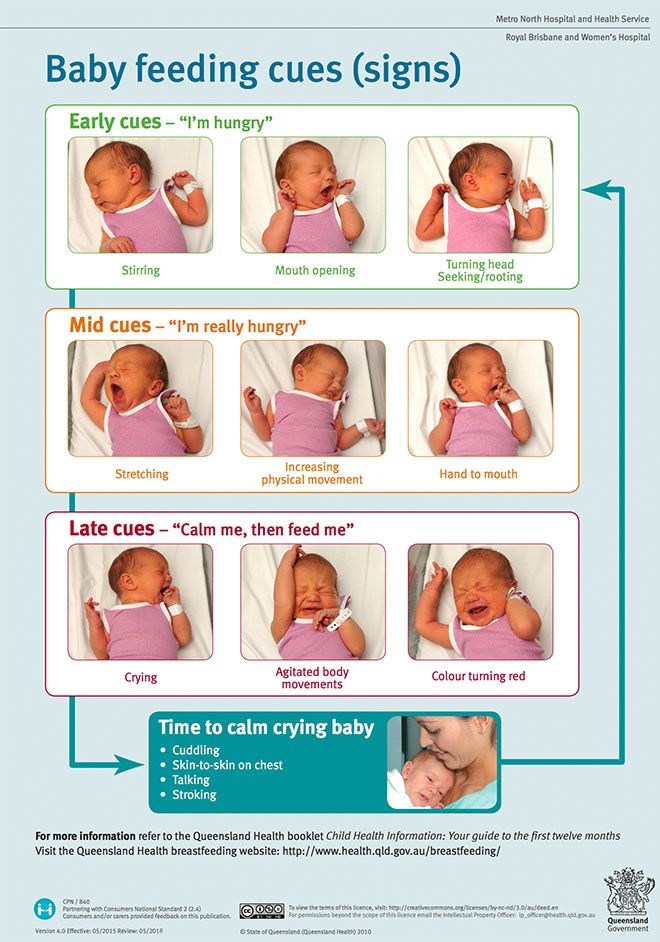
- Photo
- Legion Media
4. The child eats because he has nothing to do. It happens that a child constantly chews something simply because he is bored. For example, a mother does business or looks at something on the phone for a long time, and the child is tired of playing alone, and he just wanders from corner to corner and does not know what to do with himself. If you see that the child eats 10 cookies in a row, and he is already clearly full, just distract him with some activity or game. When the baby is constantly busy with something, he will stop asking for food so often.
If a mother thinks her child has an eating disorder, don't try to figure it out on your own. In this case, you need to contact a pediatrician, and possibly also a nutritionist and endocrinologist.
Elizaveta Koroleva
Tags
- Question to expert
today read
“Mother -in -law disobedience to me immediately, and now it is still recouped by the granddaughter”
“The mother -in -law constantly compares the grandson with the stranger.


